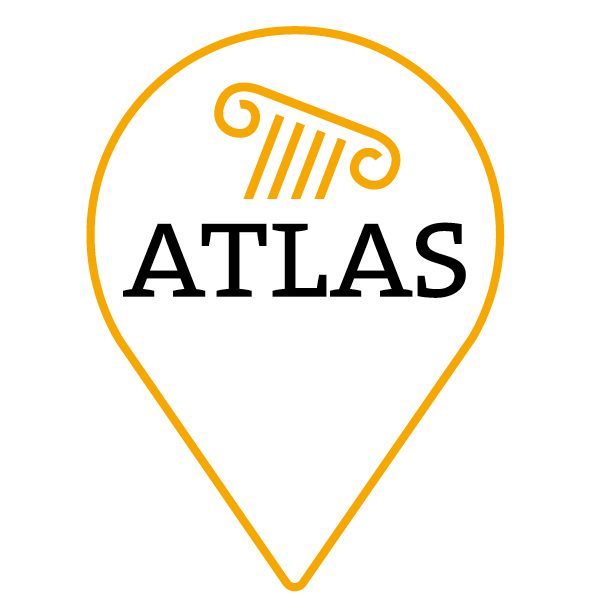Novel Forms of Presentation of Scientific Results
The third materialisation of ATLAS will be the creation of two- and three-dimensional interactive elements, which go beyond the field of scientific publications so as to address a wider audience. The technique of photogrammetry will enable the creation of a two-dimensional map of each of the cities in this study, as well as three-dimensional reconstructions of selected buildings. By combining these three-dimensional models, large-scale projections of cityscapes can be produced; these projections will show sections of the present-day city and, at the same time, will bring the past to life by enabling visits to individual buildings, which will be “experienced” virtually in different epochs.
The BAELO3D research programme offers an example of this mode of presentation: the entire city of Baelo Claudia has been recorded in three dimensions, and four buildings – a basilica, the macellum, a theatre and the sanctuary of Isis – have already been virtually reconstructed from archaeological documentation. The combination of WebGIS data and the expertise of videogame producers results in a “realistic and sensitive” immersion in the past, where visitors can undertake virtual visits to the emblematic buildings of a city – such as the Basilica of Cyprian in Carthage or the Amphitheatre of Carthago Nova.
These virtual recreations will be presented to the general public in the form of a travelling exhibition. The Staatsbibliothek in Hamburg, the Museo Arqueológico Nacional de Madrid (MAN), the Museo de las Excavaciones de Baelo Claudia (Cádiz), the Casa Árabe in Córdoba and the National Heritage Institute of Tunisia have already manifested their interest in hosting this exhibition, which will offer forms of virtualisation and visualisation that go far beyond the communication of results usual in projects of this type, and will undoubtedly establish new models and standards of presentation.
The opening of the exhibition
«INVISIBLE CITIES. Cities of Late Antiquity in the south of the Iberian Peninsula and in North Africa (300-800)»
will take place on March 20, 2024 at 8 p.m..
Coordination: T. Bartette, J.-F. Bernard, L. Brassous, S. Panzram // Participants: M. Alba Calzado, S. Ardeleanu, H. Broise, L. Callegarin, M. Chaouali, C. Eger, P. Houten, S. Gutiérrez Lloret, A. Lasheras González, A. Laurent, B. Lefebvre, P. Mateos Cruz, P. Moret.

